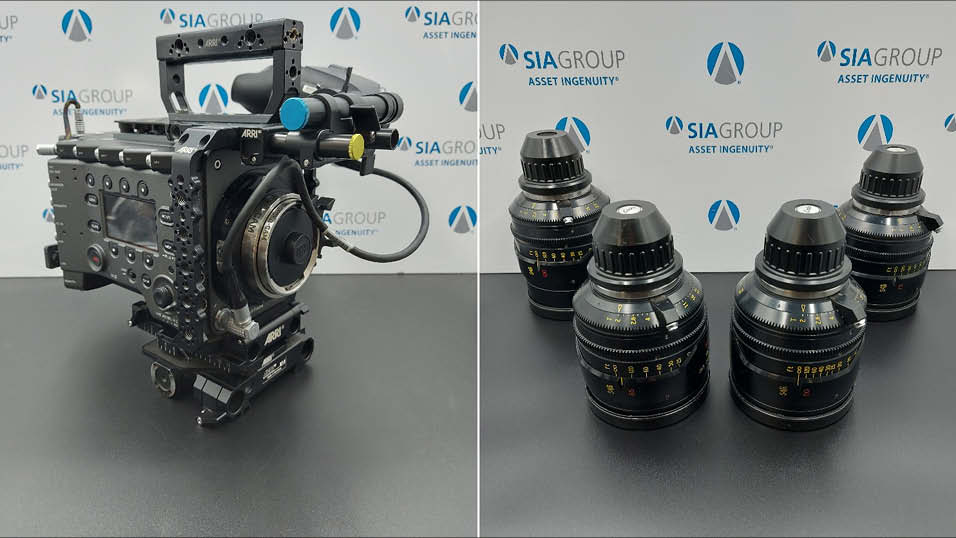Michael Brader, Partner in the corporate team at Wiggin LLP, on renegotiating M&A and investment deals in the UK indie film and TV sector
“The impact of COVID-19 on production activity is likely to have an adverse effect on many historic M&A or investment deals involving UK indies, where 2020 financial results form part of the value calculation.
Sales of UK production businesses are typically structured in one of two ways. Sellers may dispose of 100% of their company for an initial sum plus deferred “earn-out” payments, based on future performance. Alternatively, they may sell a majority interest on day one, coupled with put/call option arrangements which, on exercise, will take the buyer to full ownership, with the price again being based on company performance. The same principle will often apply when an investor has funded an indie (often a start-up) for a minority stake, with performance-based options to buy further shares from founders to move to 100% over time.
The impact of COVID-19 on production will inevitably mean that where, in such transactions, hard-hit 2020 forms part of the performance metric, there will be a value reduction for sellers/founders from their earlier expectations. As a result, many affected parties are reviewing their current arrangements.
The first, recommended, step is to seek advice as to whether current contractual arrangements contain any flexibility for the parties to restructure their deal in order to negate the impact of 2020 – for instance do the sellers/founders have the discretion to extend earn-out/option periods? Where that flexibility is not available, renegotiation should be considered. Steps could include allowing for a re-evaluation of the business at a future date, extending the deal timeframe to allow the business to recover or agreeing net equalisation/top-up payments.
When considering any changes to original deal terms, there are potential tax pitfalls that will have to be considered. Sellers/founders will generally expect to pay the lower rate capital gains tax (currently 20%, with the potential for some gains to attract entrepreneurs’ relief at 10%). However, changes to contractual terms during a seller’s/founder’s employment or directorship can risk gains instead being taxed at higher income tax rates (with associated NICs costs). Analysis of the existing consideration structure and any proposed changes is necessary to seek to avoid such consequences. The legislation is complex and needs care.
We are already beginning to see an increase in enquiries relating to M&A and investment activity in the sector. Going forwards, learning from our collective experience of the disruption caused by the pandemic, we are preparing to introduce greater flexibility into contracts to avoid similar issues should they ever arise in the future.”
Jon Creamer
Share this story
















